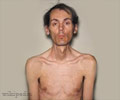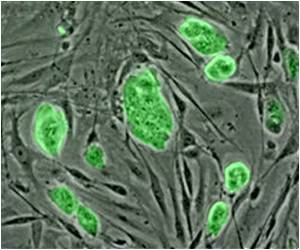Researchers from Universite Laval's Faculty of Medicine and the CHUQ Research Center claim that it is possible to repair the defective gene responsible for Duchenne muscular dystrophy.
Researchers from Universite Laval's Faculty of Medicine and the CHUQ Research Center claim that it is possible to repair the defective gene responsible for Duchenne muscular dystrophy.
The team, led by Professor Jacques P. Tremblay, is presenting its new therapeutic approach in an article published in the online version of the scientific journal Gene Therapy.Duchenne muscular dystrophy is a hereditary disease. It causes progressive muscle degeneration that begins in early childhood and causes death by age 25 in most people afflicted. The disease is caused by mutations that affect a protein called "dystrophin." The mutations alter the normal nucleotide sequences of this protein's gene and stop its synthesis.
Professor Tremblay's team partnered with Cellectis, a French firm specializing in genome engineering, in order to design enzymes-called meganucleases-with the ability to correct the dystrophin gene. During in vitro testing, the researchers inserted genes coding for a variety of meganucleases into human muscle cells.
They repeated the experiment in vivo with mice carrying the mutation that causes the illness. Both series of testing showed that the meganucleases can lead to a restoration of the normal nucleotide sequences of the dystrophin gene and its expression in muscle cells.
Source-ANI
RAS









